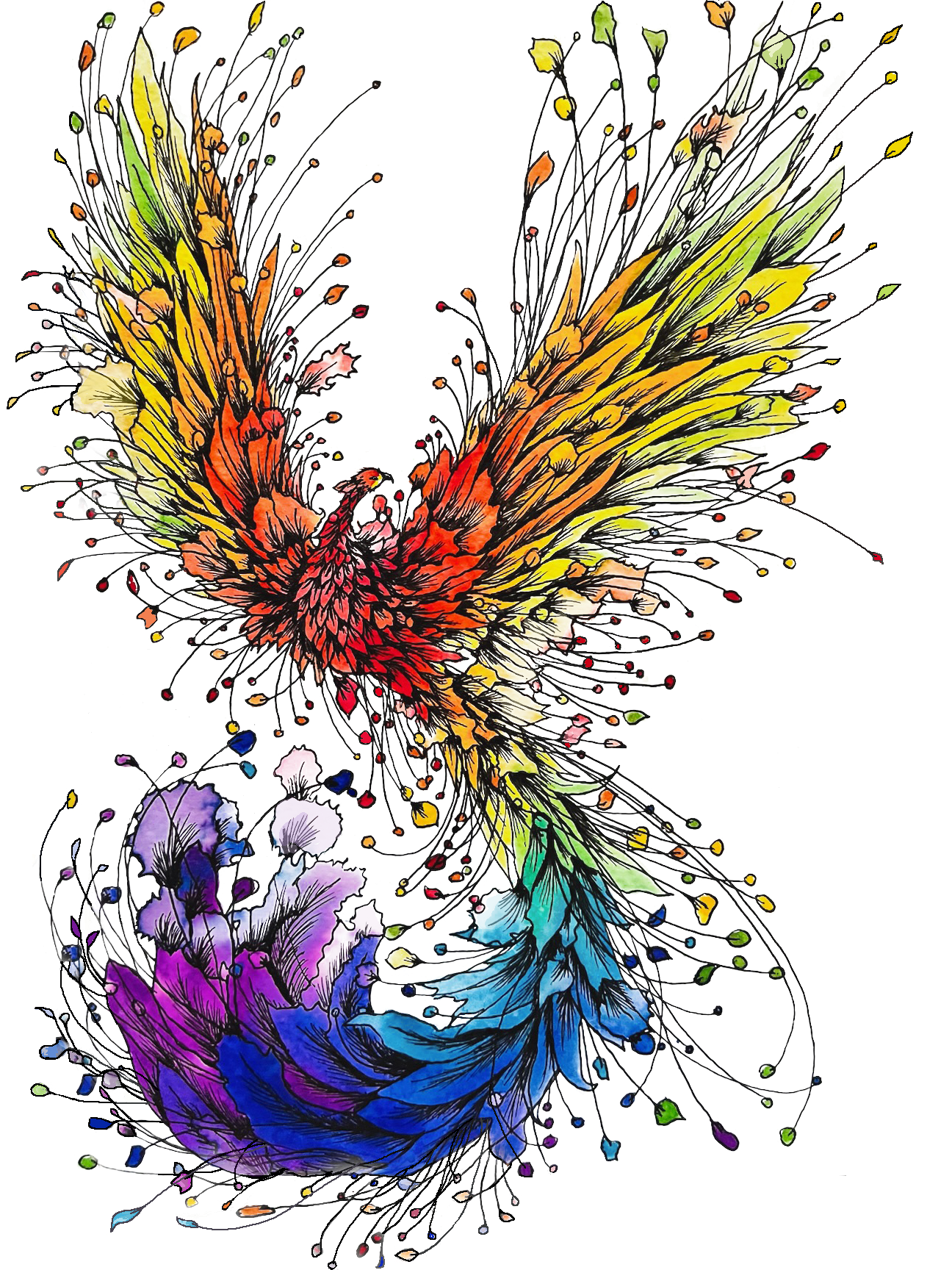Are Psychedelics the Cure for the Mental Health Crisis?
The mental health crisis is undeniable. Across the globe, rates of depression, anxiety, PTSD, and addiction are skyrocketing. Conventional treatments, from therapy to pharmaceuticals, work for many—but fail a significant portion of those in need. Enter psychedelics: substances like ketamine, psilocybin, LSD, and MDMA, once relegated to the fringes of society, are now emerging as potential game-changers in mental health care.
But are psychedelics the long-awaited cure, or is their current surge of interest another overhyped trend destined to fade? Let’s explore the debate.
The Case for Psychedelics: Science and Promise
Research into psychedelics is accelerating, and the results are promising:
Psilocybin and Depression: Studies suggest that psilocybin, the active ingredient in "magic mushrooms," can provide rapid and long-lasting relief from treatment-resistant depression. One groundbreaking trial showed that just two sessions could offer sustained benefits for up to six months.
MDMA and PTSD: MDMA-assisted therapy has shown remarkable efficacy for PTSD patients, particularly veterans and first responders. In Phase 3 trials, 67% of participants no longer met the criteria for PTSD after just three sessions.
Addiction Treatment: Psychedelics like ibogaine and psilocybin show potential in helping individuals break free from addiction, including alcohol, opioids, and nicotine.
What sets psychedelics apart is their ability to create profound, transformative experiences. These substances appear to promote neuroplasticity—allowing the brain to "reorganize" itself—and foster deep introspection, leading to personal and emotional breakthroughs.
The Skeptical View: Overhyped or Overgeneralized?
Not everyone is convinced that psychedelics are the ultimate solution. Critics raise several concerns:
Limited Research: While studies are promising, most have small sample sizes and are conducted under highly controlled conditions. Whether these effects translate to the general population remains uncertain.
Potential Risks: Psychedelics are not risk-free. They can trigger anxiety, psychosis, or other adverse reactions, particularly in individuals with a predisposition to mental health disorders.
Overhyped Media Narratives: The portrayal of psychedelics as "miracle cures" oversimplifies their complexities and may raise false hopes among patients desperate for relief.
Accessibility and Equity: High costs, limited availability, and legal restrictions make psychedelic therapies inaccessible to many. Additionally, concerns about "psychedelic tourism" and exploitation of indigenous knowledge add ethical dimensions to the debate.
Panacea or Puzzle Piece?
It’s tempting to view psychedelics as a panacea in the face of the mental health crisis. But even their most ardent supporters acknowledge that these substances are tools, not magic bullets. Effective mental health care requires a multifaceted approach, incorporating therapy, lifestyle changes, community support, and—perhaps for some—psychedelics.
The key lies in careful integration. Psychedelics work best in therapeutic settings, guided by trained professionals who can help patients process their experiences and apply insights to their lives. They are not a DIY solution or a substitute for systemic improvements in mental health care.
The Road Ahead: What’s Next?
As psychedelics inch closer to mainstream acceptance, critical questions remain:
How can we ensure equitable access to these treatments while respecting the cultural origins of many psychedelic substances?
What safeguards are necessary to prevent misuse and ensure patient safety?
How do we balance excitement with scientific rigor, ensuring that the hype doesn’t outpace the evidence?
While psychedelics are not the cure for the mental health crisis, they represent a powerful new tool in the toolbox. For some, they may provide a path to healing previously thought impossible. For others, they may fall short. As the field grows, so must our understanding, patience, and willingness to embrace nuance.
Final Thoughts
Psychedelics are no longer confined to the counterculture. They are stepping into the spotlight of modern medicine, offering hope to millions. Whether they live up to that hope depends on how society handles this delicate and transformative moment. Are we ready to integrate psychedelics thoughtfully, or will they become just another fleeting trend?
The answer may shape the future of mental health care as we know it.
